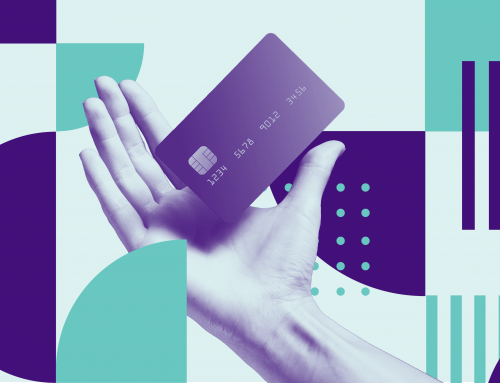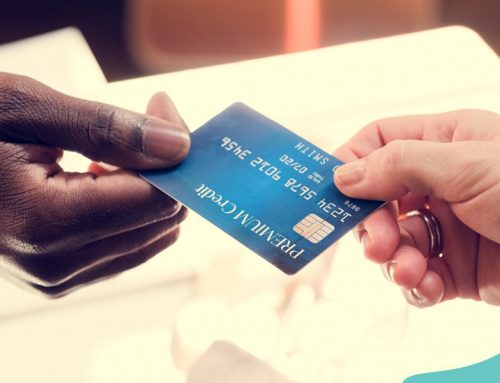Whether you received your first credit card during your student days or have accumulated a drawer full of them over the years, chances are you haven’t given much thought about the fundamental basics of them.
There are five essential facts that everyone should know about those seemingly innocent pieces of plastic in your wallet.
1. There are many different kinds of cards
Cards that range from general purpose to private label cards, are available from retail stores and service stations.
- Private label cards are cards that are branded for a specific retailer and if the retailer does not manage the card, a third-party company issues them and collects payments from cardholders. Terms and conditions will vary, as well as the interest rates, payment structures, and payment penalties.
- General purpose cards are unsecured credit cards and do not require collateral. These cards are issued based on the credit history, income, and financial strength of the applicant.
- Secured credit cards require collateral which is usually in the form of a cash deposit with the issuing institution. These cards are designed for people with no credit or poor credit and usually come with high fees and unfavourable terms, especially if the cardholder is new to the country or is in a desperate financial situation.
2. Comparing credit cards is too important to ignore
Did you know that Visa and MasterCard are companies that process payments but do not actually issue credit cards? Banks, credit unions, retailers, and credit card companies all issue credit cards and set their interest rates, annual fees, and payment requirements, to best serve their needs. Be sure to research and compare the key factors of each card before applying for one.
3. There is no perfect amount of credit cards that you should have
According to myFICO.com, the average consumer has upwards of 9 cards. Remember that it is not the amount of credit cards that you have in your possession, but how you use them, that affects your credit score. Research and apply for cards that suit your needs and always check the interest rates, which can range dramatically from 0% to 30% depending on type and issuer.
4. The minimum payment must be paid monthly
Depending on your issuer, a less than minimum payment may be construed as a missed payment. This can bring down your credit score and make it more difficult to obtain credit in the future. Minimum payments do not stay static, so it is not advisable to get comfortable and set up an online auto-payment! It is always good practice to check your monthly statement to ensure all transactions are valid and report any that are suspicious immediately.
5. There are some benefits!
Credit cards are an excellent tool for helping you build credit which in turn will assist you in obtaining future loans for items you need, like a vehicle or a mortgage. Many cards offer cash and travel rewards, between 1% to 2% of your purchases and with a credit card you can also obtain approval for rentals, cell phones, and avoid utility deposits.
Credit cards are a major responsibility and even though obtaining them is relatively easy, it is maintaining them properly where users often fall short. Be diligent and keep your credit safe.
Helen Siwak is Editor-in-Chief of BLUSHVancouver & EcoLuvLux Lifestyle Blog | Lifestyle contributor to Daily Hive (VancityBuzz) | West Coast contributor to Retail-Insider | contributing writer for Marble Financial.






